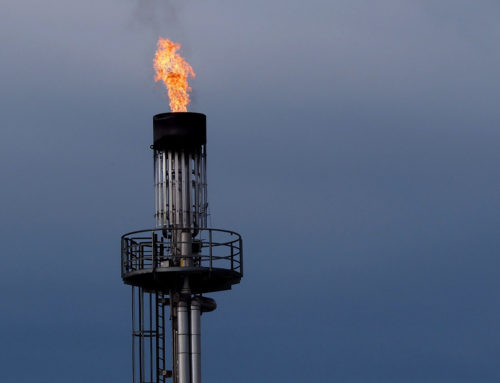The complete report is best viewed here, in PDF format.
Federal taxpayers own significant oil and natural gas reserves on federal lands in Nevada and other Western states. The Bureau of Land Management (BLM) within the Department of the Interior (DOI) manages these reserves and must by law collect fair market value from their development and sale. But the agency is failing to ensure taxpayers receive a fair market value for these resources because its land management policies are weak and outdated. The vast majority of federal land in Nevada is leased through a noncompetitive process and only a tiny fraction of oil and gas leases ever produce anything. By leasing millions of acres of federal land in Nevada noncompetitively and without any reasonable expectation of production, the BLM is violating its mandate to ensure taxpayers receive fair market value for these resources.
The BLM’s oil and gas program in Nevada is a picture of contradiction. More land is offered for lease at competitive auction than in any other state except Alaska — 2.7 million acres between 2013 and 2018. But few parcels actually sell competitively — just 11% in the last five years. Despite the low rate of bidding at competitive auctions, leasing is extensive because the industry takes advantage of the law’s default noncompetitive leasing process — the 2.04 million acres leased noncompetitively in Nevada since 2009 were 70% of the nationwide total. But with all that land under lease, oil and gas production is still extremely limited — just 36 leases covering 2.7% of leased acres were producing at the end of 2018.
The result is a system where other, more optimal, uses of federal land are precluded by extensive oil and gas leasing. The millions of acres currently locked up in nonproducing oil and gas leases are not available for any other use — even though the BLM is required to strike a balance among the competing values of recreation, grazing, timber, watershed protection, wildlife and fish, and wilderness. Some of this same land may have significant recreational value, have ecological significance as refuge for certain wildlife, or for other resource development, including mining, solar, or wind. But once land is awarded for an oil and gas lease, it is controlled by the leaseholder.
Download or read the full report below.










